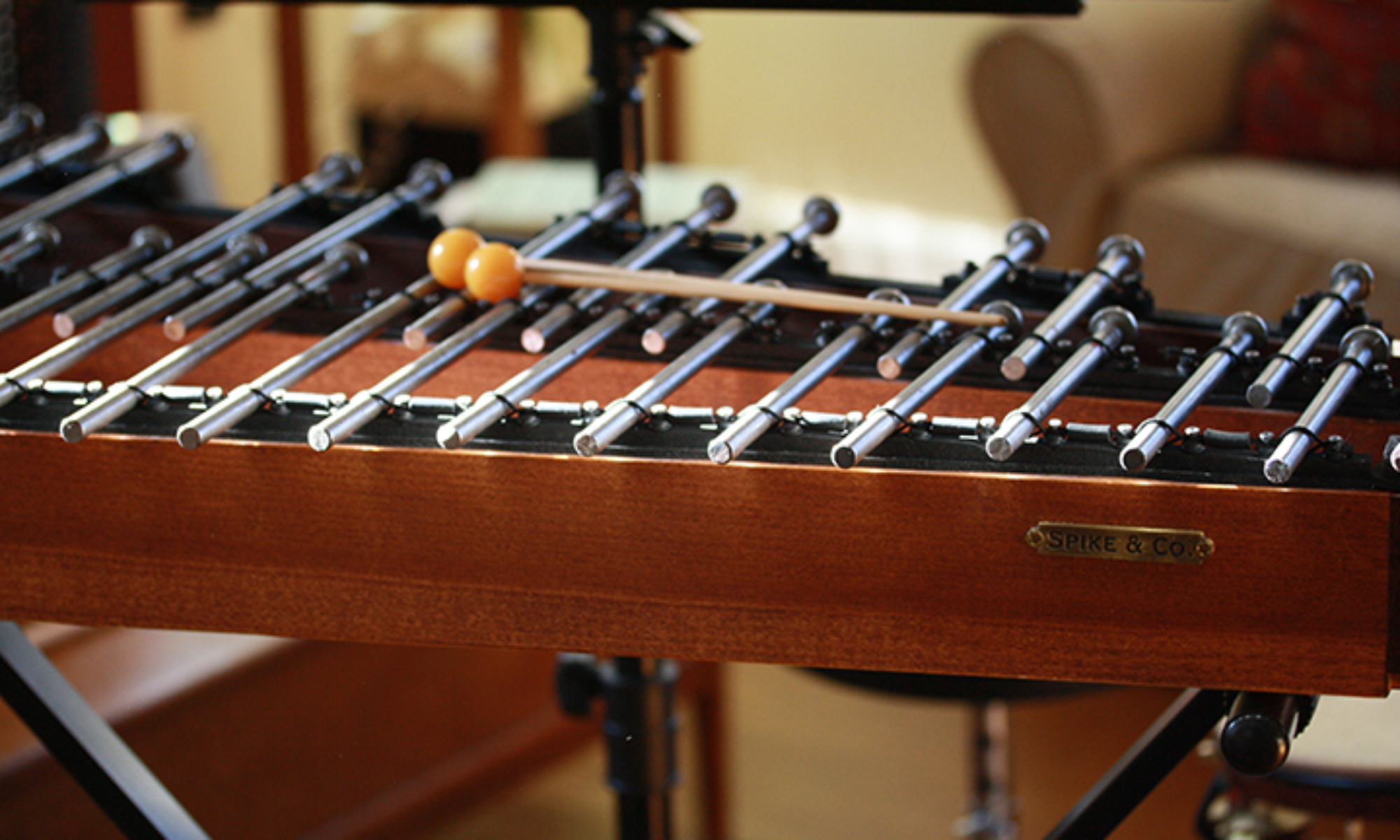The Robert Joffrey Ballet and The Russian Revolution
Donesk, USSR October 1963
We had just arrived in Donesk, a small mining town in the Ukraine after a twenty four hour train ride. We got there in the evening and then went to our hotel to settle in. We had no performance that evening so we were able to relax a bit and have a calm pleasant dinner at the hotel.
The town was very plain and the streets were quiet. My room was at the corner of the building which had two glass doors that opened onto a balcony overlooking the street. The balcony was shaped like an oval. Standing on it I could see around the corner and up the blocks to my left and right. There were loudspeakers hanging on poles and windows sills up and down the street, and Soviet flags everywhere.
When dinner was over I went up to my suite to relax and write a letter home. I went out onto the balcony and smoked a couple cigarettes, then went to bed. At 6AM I was frightened awake by martial music blaring through the loudspeakers. It was the Soviet celebration of the Russian Revolution of 1918.
Barricades were erected on both sides of the streets. There were uniformed men stationed at various intervals. A reviewing stand was two blocks away. At 7 am the parade started. There were very few people lined up to watch. When It began, it began with a marching band. They were followed by some citizens of the town straggling along as if they weren’t part of the parade They were talking among themselves, dressed in regular street clothes. Some were waving flags but most were just walking along. There were many more people in the parade than were watching. Some tried to walk out, but were stopped by uniformed men, and shoved back in. When a band with baton twirlers marched by, they were once again followed by towns people. Citizens young and old walking slowly or briskly, some as if they were minding their own business. Many men were dressed in their work clothes. When people passed the official reviewing stand, the parade was over for them and they dispersed.
I went downstairs to have breakfast and look for a post office. Our music director, Yuri Krasnopolski, was a first generation American. His father was a bass player, and graduate of the Moscow Conservatory. Yuri spoke fluent Russian. With his help I found the post office. Then we wandered around town and ran into some of the Soviet musicians who were working with us. Zhura, the timpanist, invited us to an early dinner party before the performance that evening. We accepted gratefully, hoping the food and drink would be better than the usual Soviet fare we’ve been experiencing.
About 3:00 in the afternoon we came into a quiet tree lined neighborhood and entered a small but beautiful apartment. Our hosts were both doctors, and most of the guests were professionals. A long dining table was set up in the living room where people were already eating and drinking. Clouds of cigarette smoke hung in the air, everyone smoked, and since it was a most festive occasion vodka and cognac were poured in honor of their American guests. We drank towards lasting friendship between the Soviets and Americans. We drank to the success of the Soviet Union. Glasses were constantly filled, and toasts made to one another around the table. Down the hatch we went. Then the food: Caviar, soup, Meat, bread. It was quite a repast. Later, tea, and cakes, and music. Beautiful folk songs. More toasts to friendship and peace between the nations. Finally I realized I couldn’t drink anymore and had to go back, take a shower and get my head cleared. That night was going to be our first performance there.
I arrived at the theatre with the other percussionists, and set up our portion of the pit. The first ballet had a very large percussion score. I’m leader of the section and waiting for Zhura. It’s 8:25 and he hasn’t shown up. Downbeat is at 8:30. I set up his drums for him hoping he will soon show up. When ‘places’ was called, he still wasn’t there. I got worried. He was drinking pretty heavily at the party. It was a very difficult and embarrassing moment for the Soviet contractor. But when the lights went down we knew we were going to have to start without him. It took him weeks to learn his part and now he was nowhere to be found.
Yuri was furious when he entered the pit. After the applause died down he faced the orchestra and when the curtain started to rise I heard Zhura coming up the steps into the pit. Then I heard him fall back down. All the way down. He attempted the steps again, and this time got into the pit, sat at his drums, but wasn’t able to play. What he tried to play was wrong. Yuri kept indicating him to Stop Playing! But he wouldn’t. I don’t think he even saw Yuri. He certainly didn’t know what he was doing, but he kept banging away. The piece ended with a huge flourish of drums, but Zhura didn’t stop. He kept banging away, and then kind of fizzled out. Fired, he was sent back to Moscow.
Three years later, in 1966, on another tour in the USSR, this time with ABT, Yuri was again the music director. When we went for our first rehearsal there was Zhura. He was going on tour with us. We traveled together for the next three months. All was forgiven.
Stephen Silverman
8/2008, West Hurley
